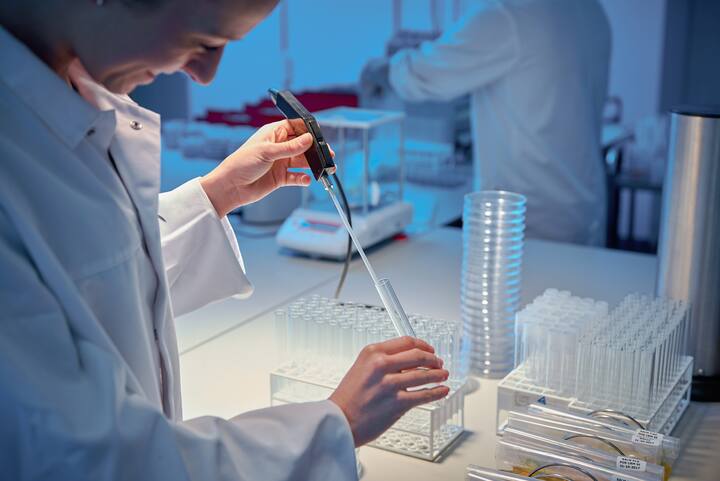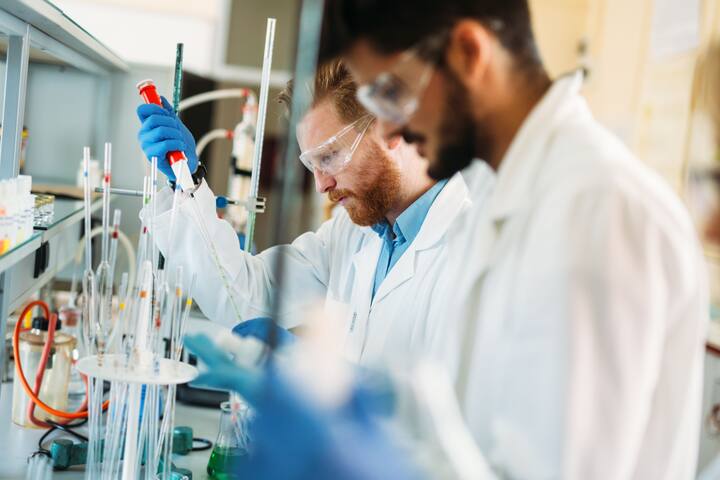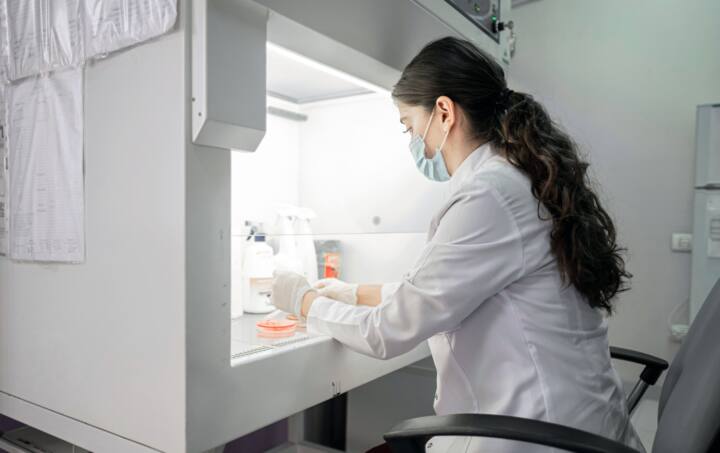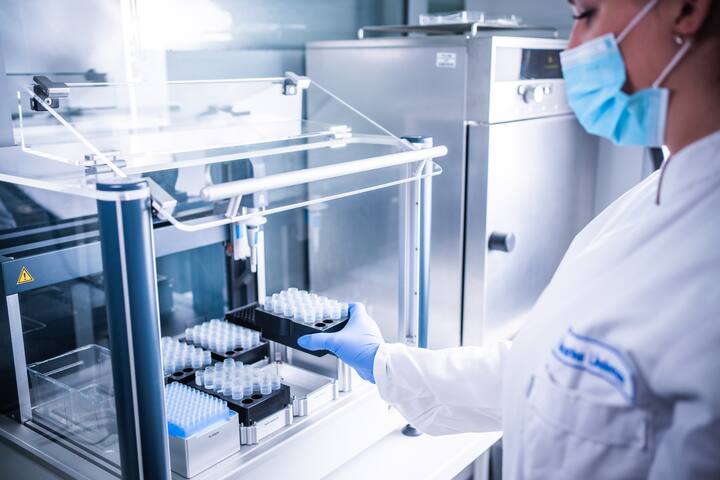
Leading in Vitamins and Minerals Analyses
Vitamins and minerals
Vitamins and minerals are essential nutrientsthat the body needs but cannot produce itself, or only in limited quantities. Not all vitamins can be produced by the body. Examples include vitamin D (partly via the skin and sunlight) and vitamin K (partly by intestinal bacteria). The key difference lies in their origin: vitamins are organic substances produced by living organisms. Some plants and animals can synthesise them themselves. Minerals, on the other hand, are inorganic and come from the environment. They are absorbed by plants from the soil and water, and by animals through their food or drinking water.
Vitamins and minerals in short
We conduct analyses on vitamins and minerals
Our analyses are done using the HPLC and ICP techniques
Measure and test levels of vitamins and minerals in your products
Meet European legal requirements for food products
Use of advanced analyses such as HPLC and ICP
Vitamins and minerals
Fat-soluble vitamins are stored in body tissues and the liver, while water-soluble vitamins cannot be stored and must be replenished daily through food.
Our bodies cannot produce vitamins themselves. Vitamins come from living organisms that produce them themselves. Minerals come from the environment — plants extract them from the soil, animals obtain them through food and water. Vitamins and minerals are essential building blocks. At Normec, we offer a comprehensive range of services to measure and test the levels of vitamins and minerals in your products.
In our advanced laboratories, our experts carry out analyses to ensure that your products comply with European legal requirements. We usually determine vitamins using HPLC and minerals and trace elements using ICP. We can perform both analyses.
Analyses of vitamins and minerals
Vitamins are typically measured using HPLC, while minerals and trace elements are analysed via ICP. We offer both types of analysis.
The fat-soluble vitamins include A, D, E and K.
The water-soluble vitamins are B1, B2, B3, B5, B6, B8, B11, B12 and C.
Essential minerals
Potassium
Sodium
Calcium
Magnesium
Phosphorus
Chlorine
Essential trace elements
Iron
Buyer
Zinc
Iodine
Selenium
Manganese
Molybdenum
Fluoride
Chrome
These services might also be of interest to you

Chemical analysis

Nutritional composition
Leading companies in this service

Normec Foodcontrol
Wetteren Belgium
Do you want to create a safe and healthy working and living environment?
FAQ
Frequently asked questions
Nutritional analysis determines the nutritional composition and food values of products, ensuring compliance with European regulations.
We use HPLC (High Performance Liquid Chromatography) for vitamin analysis and ICP (Inductively Coupled Plasma) for minerals and trace elements.
We analyse the following minerals: potassium, sodium, calcium, magnesium, phosphorus, and chlorine. Our laboratory tests trace elements like iron, copper, zinc, iodine, selenium, manganese, molybdenum, fluoride, and chromium.
